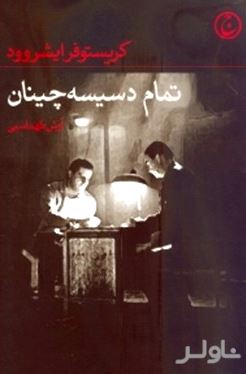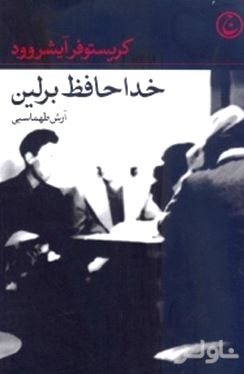|
نویسنده :
کریستوفر آیشروود
ناشر :
فرهنگ جاوید
۳/۲ از ۵
|
۱ | ||
|
نویسنده :
کریستوفر آیشروود
ناشر :
فرهنگ جاوید
۳/۶ از ۵
|
۴ | ۱ |



